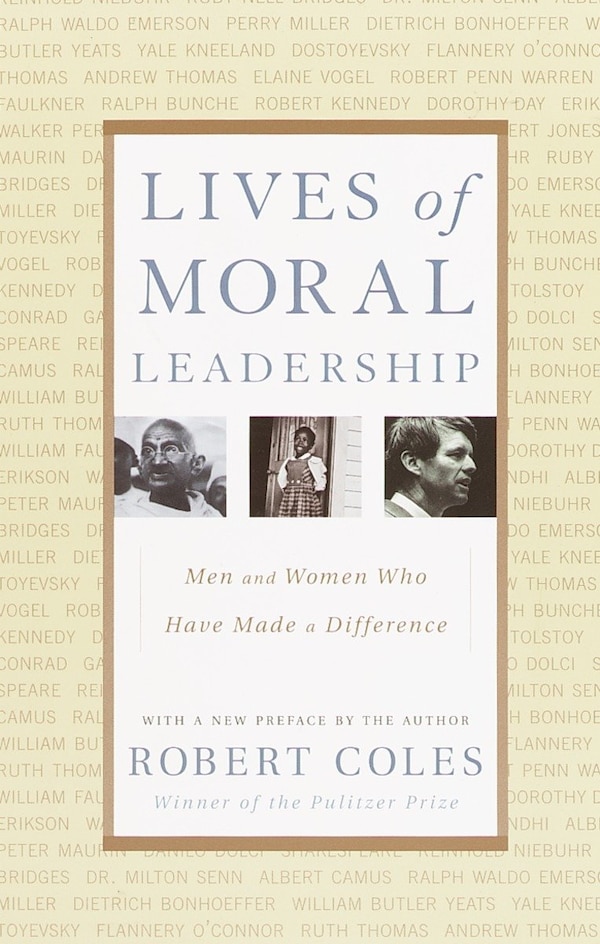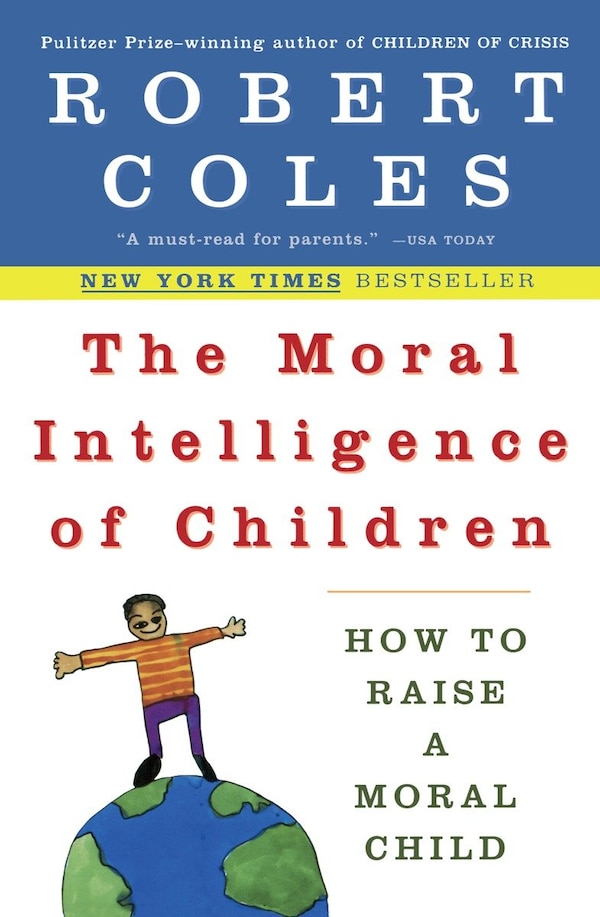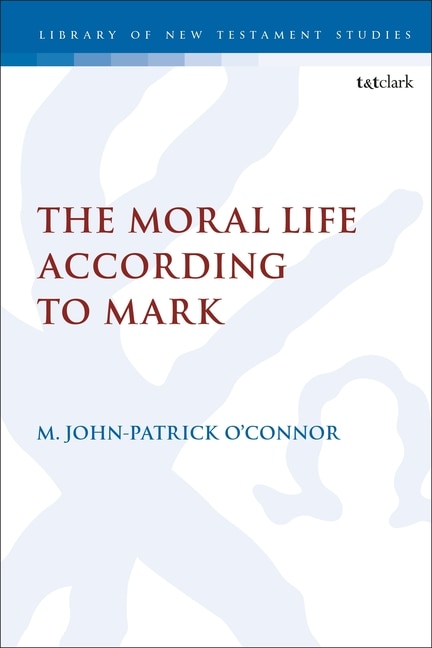Home
Moral Fictionalism by Mark Eli Kalderon, Paperback | Indigo Chapters
Coles
Loading Inventory...
Moral Fictionalism by Mark Eli Kalderon, Paperback | Indigo Chapters in Vernon, BC
From Mark Eli Kalderon
Current price: $82.95

Coles
Moral Fictionalism by Mark Eli Kalderon, Paperback | Indigo Chapters in Vernon, BC
From Mark Eli Kalderon
Current price: $82.95
Loading Inventory...
Size: 2 x 21.6 x 200
*Product information may vary - to confirm product availability, pricing, shipping and return information please contact Coles
Moral realists maintain that morality has a distinctive subject matter. Specifically, realists maintain that moral discourse is representational, that moral sentences express moral propositions - propositions that attribute moral properties to things. Non-cognitivists, in contrast, maintainthat the realist imagery associated with morality is a fiction, a reification of our non-cognitive attitudes. The thought that there is a distinctively moral subject matter is regarded as something to be debunked by philosophical reflection on the way moral discourse mediates and makes public ournoncognitive attitudes. The realist fiction might be understood as a philosophical misconception of a discourse that is not fundamentally representational but whose intent is rather practical. There is, however, another way to understand the realist fiction. Perhaps the subject matter of morality is a fiction that stands in no need of debunking, but is rather the means by which our attitudes are conveyed. Perhaps moral sentences express moral propositions, just as the realist maintains, but in accepting a moral sentence competent speakers do not believe the moral proposition expressed but rather adopt the relevant non-cognitive attitudes. Non-cognitivism, in its primary sense, is a claim about moral acceptance: the acceptance of a moral sentence is not moral belief but is someother attitude. Standardly, non-cognitivism has been linked to non-factualism - the claim that the content of a moral sentence does not consist in its expressing a moral proposition. Indeed, the terms 'non-cognitivism' and 'non-factualism' have been used interchangeably. But this misses an importantpossibility, since moral content may be representational but the acceptance of moral sentences might not be belief in the moral proposition expressed. This possibility constitutes a novel form of non-cognitivism, moral fictionalism. Whereas non-factualists seek to debunk the realist fiction of amoral subject matter, the moral fictionalist claims that that fiction stands in no need of debunking but is the means by which the non-cognitive attitudes involved in moral acceptance are conveyed by moral utterance. Moral fictionalism is non-cognitivism without a non-representational semantics. | Moral Fictionalism by Mark Eli Kalderon, Paperback | Indigo Chapters
Moral realists maintain that morality has a distinctive subject matter. Specifically, realists maintain that moral discourse is representational, that moral sentences express moral propositions - propositions that attribute moral properties to things. Non-cognitivists, in contrast, maintainthat the realist imagery associated with morality is a fiction, a reification of our non-cognitive attitudes. The thought that there is a distinctively moral subject matter is regarded as something to be debunked by philosophical reflection on the way moral discourse mediates and makes public ournoncognitive attitudes. The realist fiction might be understood as a philosophical misconception of a discourse that is not fundamentally representational but whose intent is rather practical. There is, however, another way to understand the realist fiction. Perhaps the subject matter of morality is a fiction that stands in no need of debunking, but is rather the means by which our attitudes are conveyed. Perhaps moral sentences express moral propositions, just as the realist maintains, but in accepting a moral sentence competent speakers do not believe the moral proposition expressed but rather adopt the relevant non-cognitive attitudes. Non-cognitivism, in its primary sense, is a claim about moral acceptance: the acceptance of a moral sentence is not moral belief but is someother attitude. Standardly, non-cognitivism has been linked to non-factualism - the claim that the content of a moral sentence does not consist in its expressing a moral proposition. Indeed, the terms 'non-cognitivism' and 'non-factualism' have been used interchangeably. But this misses an importantpossibility, since moral content may be representational but the acceptance of moral sentences might not be belief in the moral proposition expressed. This possibility constitutes a novel form of non-cognitivism, moral fictionalism. Whereas non-factualists seek to debunk the realist fiction of amoral subject matter, the moral fictionalist claims that that fiction stands in no need of debunking but is the means by which the non-cognitive attitudes involved in moral acceptance are conveyed by moral utterance. Moral fictionalism is non-cognitivism without a non-representational semantics. | Moral Fictionalism by Mark Eli Kalderon, Paperback | Indigo Chapters


















